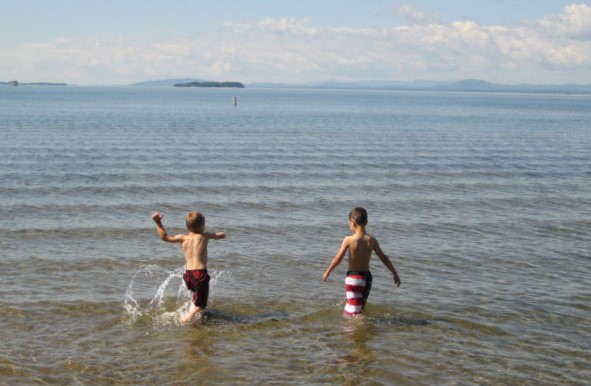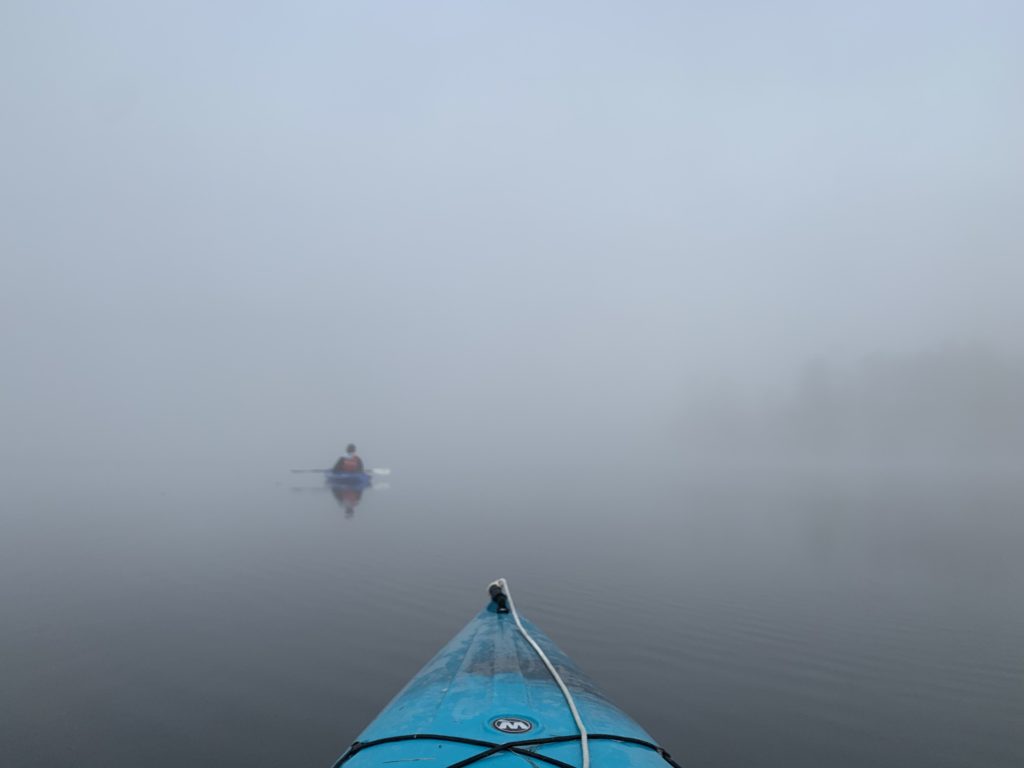Keeping recreational waters safe from bacterial pollution.
Recreational waters are those used for swimming, kayaking, canoeing, white-water rafting, or simply enjoyed while hiking or bird watching. NEIWPCC’s Water Quality Standards Workgroup frequently focuses on protecting recreational waters from bacterial pollution in line with guidance from the EPA.

Fecal contamination from human, pet, and wild animal waste can cause serious illness and is a major source of bacterial pollution to fresh and marine waters. The EPA encourages states to set water quality criteria based on E.coli and Enterococci bacteria for fresh and marine recreational waters, respectively. Though these strains of bacteria do not usually cause illness on their own, they are indicators of fecal contamination and its many associated harmful bacteria.
The BEACH Act (2000), Water Quality Standards for Coastal and Great Lakes Recreational Waters Rule (2004), and updated recommended bacteria criteria (2012) guide state, territory, and authorized tribal water quality programs on the adoption and implementation of bacteriological water quality criteria to protect recreational waters.
The 2012 criteria are more stringent than earlier criteria and significantly affected state beach programs and beach advisories. The update incorporated evidence from a series of studies on the correlation between swimmers’ gastrointestinal illness and bacteria levels in recreational waters. The revised criteria also use a new definition of what is considered gastrointestinal illness; a person’s symptoms no longer needs to include a fever to be considered ill. Most NEIWPCC member states have adopted EPA’s criteria or criteria within the range provided in the 2012 criteria.

NEIWPCC continues to facilitate collaboration among states and EPA about state bacteria criteria, and to support states as they update and adopt new criteria and incorporate EPA’s regulatory requirements into their beach programs.
For more information on NEIWPCC’s work on bacteria standards for recreational waters, contact Richard Friesner.
